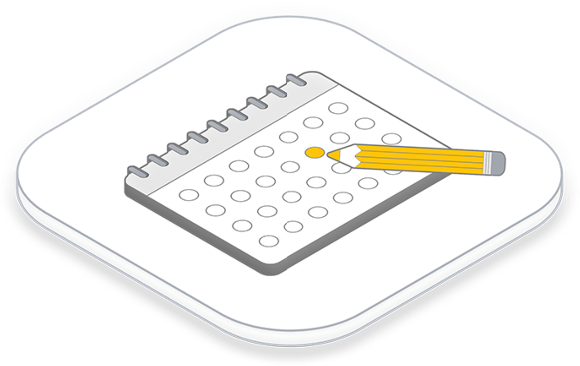18
January 2023
What’s the AI hype all about and will robots soon replace us?

Whenever I think of Artificial Intelligence (AI), the disturbingly emotionless voice of HAL 9000, the Artificial Intelligence from Stanley Kubrick’s visionary masterpiece “2001: A Space Odyssey,” comes to mind. I’m sure I’m not the only one who feels this way. However, we should not allow ourselves to be guided by irrational fears when dealing with this topic. Only realistic assessments of opportunities and risks will take us forward. So what is the current state of development in AI and what impact will digitalization really have on the world of work in the coming years? Let’s dare to take a look into the crystal ball together!
Robotic delight and helpful intelligence
Robots and Artificial Intelligence are supposed to make people’s lives easier and more pleasant. At least robots have been doing this very successfully in the industrial environment since the 1970s. They move heavy loads, weld, cut, press and assemble. In short, they make production lines around the world more efficient, but also safer for their human colleagues.
Artificial Intelligences also surround us – sometimes more and sometimes less obviously – in our everyday lives. For example, every time we search the Internet, an AI decides which hits have the highest relevance for us and are thus displayed to us. However, our interaction with Artificial Intelligence becomes particularly clear when we use voice assistants in our smartphones such as “Siri” or “Hey Google”. Last but not least, everyone knows Amazon’s “Alexa”, which is conquering ever larger areas of our homes and offices by means of the smart Echo speakers.
Risks and side effects
More and more often these days, we hear the prophecies of doom that Artificial Intelligences and modern robotics could already become a threat to human jobs in the short term and make entire professions redundant. So will we all be out of a job tomorrow? First of all, a clear distinction needs to be made here, because robots and Artificial Intelligences – at least according to the current state of development – are certainly not yet able to perform any professions completely. However, what they are already particularly good at today is taking over the automated execution of recurring activities. So if simple and repetitive activities are easy to automate, then those professions that still largely consist of such activities will change first.
This is not necessarily a bad thing, however, as it will allow workers to shed these often boring and tedious parts of their jobs. Instead, they can devote themselves to more exciting and fulfilling tasks. In concrete terms, then, what will initially change most are job profiles that are based in industrial manufacturing and have a lot to do with operating machines. For example, the job description of the truck driver in the field of long-distance logistics is bound to be threatened by disruption at some point as a result of autonomous trucks.
Rule of thumb number 1: The simpler the activity and the higher the human share of this activity in the overall job profile, the higher the probability of a short-term change in the industry through digital transformation.
What comes next?
Consulting professions will also change in the future. Particularly in the field of finance, for example investment advice, algorithms can now deliver impressive results. So we may soon be entrusting our money to an artificial portfolio manager that simultaneously incorporates thousands of data sources into its investment strategies – far more than a human being could ever do.
This brings us to the second rule of thumb: the more data is needed or should be included for successful decision-making, the more likely it is that we will hand over at least parts of it to artificial colleagues in the future, even in these professions. However, this will certainly not replace the human consultant who fills and controls these tools and ultimately evaluates the results and interprets and translates them for us – the customers. So here, above all, we can expect change and not displacement.
Many companies can benefit from the use of AI in the coming years. We would be happy to explain to you in a personal conversation where the best starting points are in your case. Contact our experts.
About the author


Comments